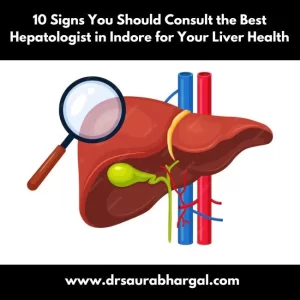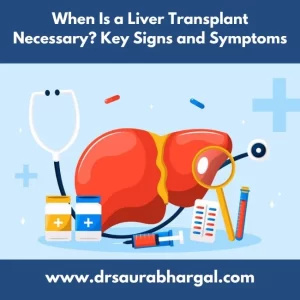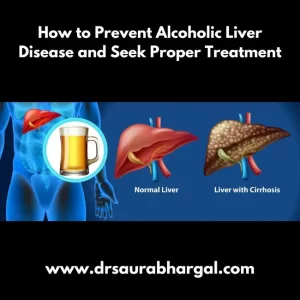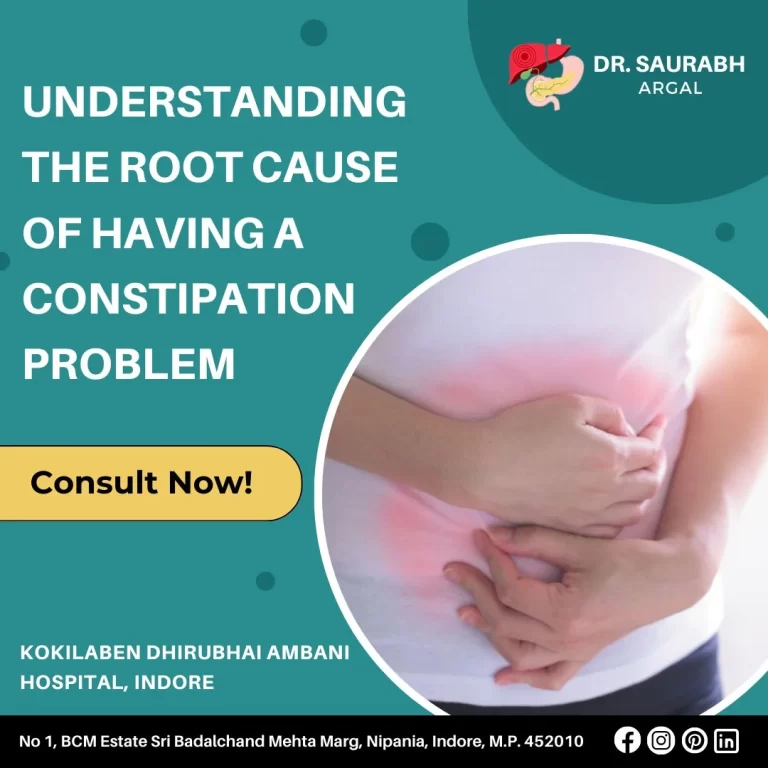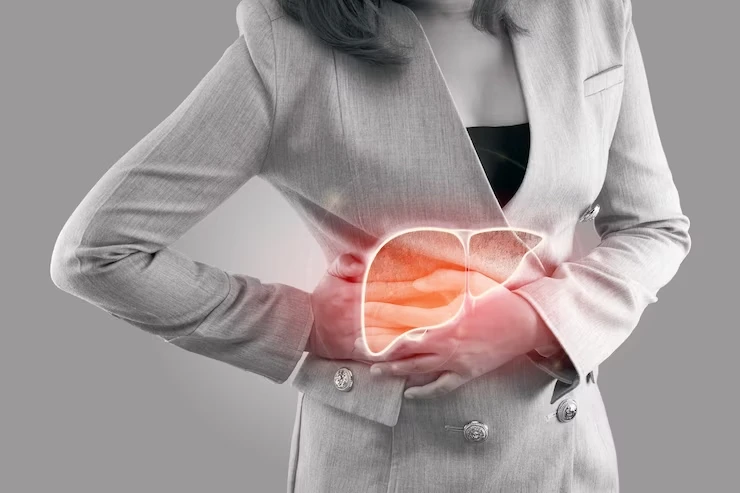Abdominal pain, commonly known as stomach pain, can be a symptom of a variety of medical conditions. It is a common complaint that affects people of all ages, genders, and backgrounds. While most cases of stomach pain are not serious, some can be a sign of a life-threatening condition.
In this article, we will discuss the causes, symptoms and treatment of abdominal pain (stomach pain).
Table of Contents
ToggleCauses of Abdominal Pain (Stomach Pain)
There are several possible causes of abdominal pain (stomach pain), which can be categorized into the following:
- Gastrointestinal causes
- Acid reflux or gastroesophageal reflux disease (GERD)
- Inflammatory bowel disease (IBD)
- Irritable bowel syndrome (IBS)
- Peptic ulcer disease
- Gastritis
- Gastroenteritis
- Gallstones
- Pancreatitis
- Non-gastrointestinal causes
- Kidney stones
- Urinary tract infection (UTI)
- Appendicitis
- Ovarian cysts or torsion
- Ectopic pregnancy
- Endometriosis
- Pelvic inflammatory disease (PID)
- Hernia
- Muscle strain or injury
- Stress or anxiety
Symptoms of Abdominal Pain (Stomach Pain)
The symptoms of abdominal pain (stomach pain) vary depending on the underlying cause. Common symptoms include:
- Nausea
- Vomiting
- Diarrhea or constipation
- Bloating
- Gas
- Fever
- Loss of appetite
- Fatigue
- Jaundice
- Difficulty breathing
- Dizziness
Treatment of Abdominal Pain (Stomach Pain)
The treatment of abdominal pain (stomach pain) depends on the underlying cause. In some cases, no treatment is needed, while in others, immediate medical attention is required.
- Home remedies
- Rest: Take a break from physical activity and get some rest.
- Heat: Apply a heating pad or warm towel to the affected area to relieve pain.
- Over-the-counter medication: Over-the-counter pain relievers like acetaminophen (Tylenol) or ibuprofen (Advil) can help relieve mild to moderate pain.
- Avoiding certain foods: Avoid eating spicy, greasy or fatty foods that may irritate the stomach.
- Medical treatment
- Antibiotics: Antibiotics are used to treat bacterial infections such as gastroenteritis or H. pylori infection.
- Antacids: Antacids are used to neutralize stomach acid and relieve heartburn.
- Proton pump inhibitors (PPIs): PPIs are used to reduce stomach acid production and treat acid reflux or peptic ulcer disease.
- Surgery: In some cases, surgery may be required to remove gallstones or repair a hernia.


